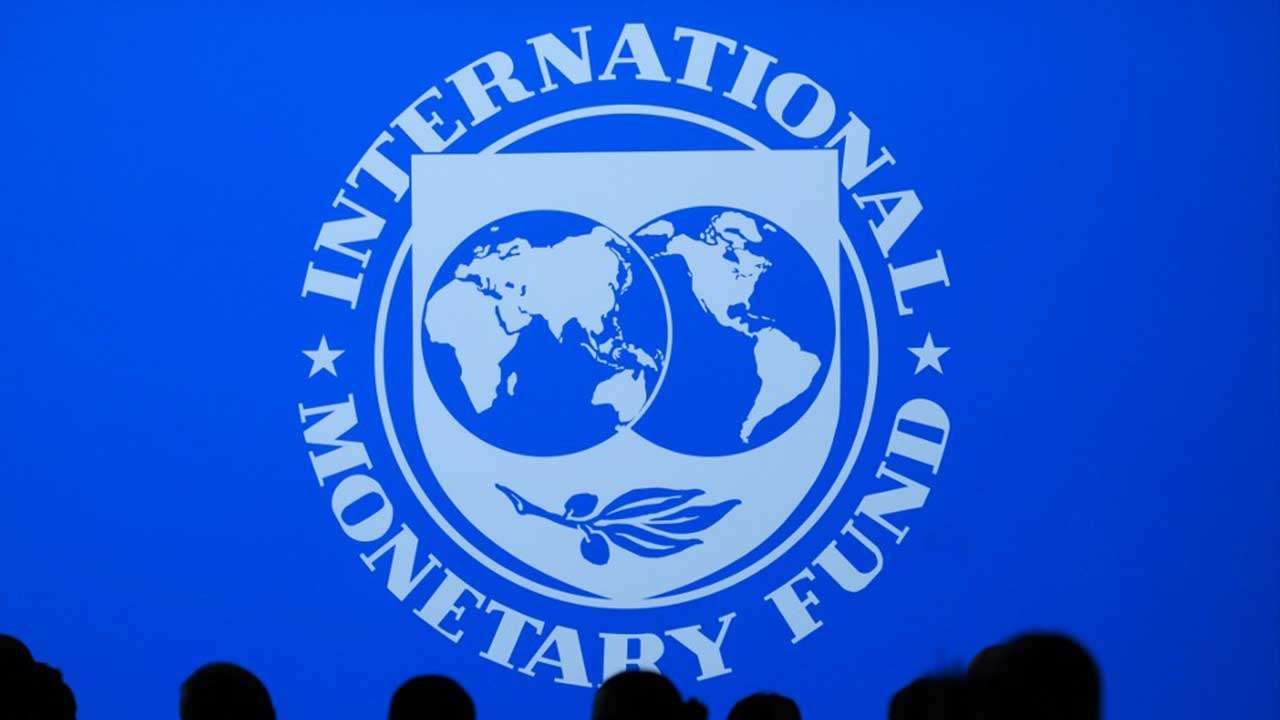https://www.imf.org/en/News/Articles/2020/10/15/sp101520-a-new-bretton-woods-moment
Reflecting on the dramatic changes that have occurred in the world over the past year, I visited Bretton Woods, New Hampshire, where 44 people signed articles of agreement in 1944. Our founders had two huge challenges: to deal with the immediate devastation caused by the war and to lay the foundation for a more peaceful and prosperous post-war world.
A new Bretton Woods moment awaits us today. The pandemic has claimed more than a million lives. An economic disaster that will shrink the global economy by 4.4% this year and cut production by $ 11 trillion by next year. And untold human despair in the face of tremendous turmoil and growing poverty for the first time in decades.
A sustainable economic recovery is only possible if we defeat the pandemic. Health must remain a priority — I urge you to support the production and distribution of effective therapies and vaccines by making them available to all countries.
I also urge you to continue to support workers and businesses until a lasting recovery from the health crisis.
We have witnessed $ 12 trillion in global budgetary action. Major central banks have increased their balance sheets by $ 7.5 trillion.
But almost all countries are still suffering losses, especially emerging market and developing economies.
We must take advantage of this new Bretton Woods moment.
I suggest three imperatives:
First, the correct economic policy. What was true at Bretton Woods remains true today. Prudent macroeconomic policies and strong institutions are critical to growth, job creation and improved living standards.
Secondly, economic policy should be for people. To reap the full benefits of sound economic policies, we must invest more in people. This means protecting the vulnerable. It also means increasing human and physical capital to support growth and resilience.
COVID19 has highlighted the importance of strong health systems.
Rising inequality and rapid technological change require strong education and training systems to expand opportunities and reduce inequality.
Gender equality can change the rules of the game around the world. For countries with the highest levels of inequality, closing the gender gap can increase GDP by an average of 35 percent.
And investing in our youth is an investment in our future. They need access to health care and education, and access to the Internet: expanding Internet access in sub-Saharan Africa by 10 percent of the population could increase real GDP per capita growth by as much as 4 percentage points.
Third, it is necessary to combat climate change. We focus on climate change as it is critical at the macro level and poses major threats to growth and prosperity. Over the past decade, direct damage from climate-related natural disasters has amounted to about $ 1.3 trillion.
The best memorial we can erect to those who gave their lives as a result of this crisis is “doing more seriously” - building a more sustainable and just world.
Our founders did it. Now it's our turn. Our time has come!
Read also:


